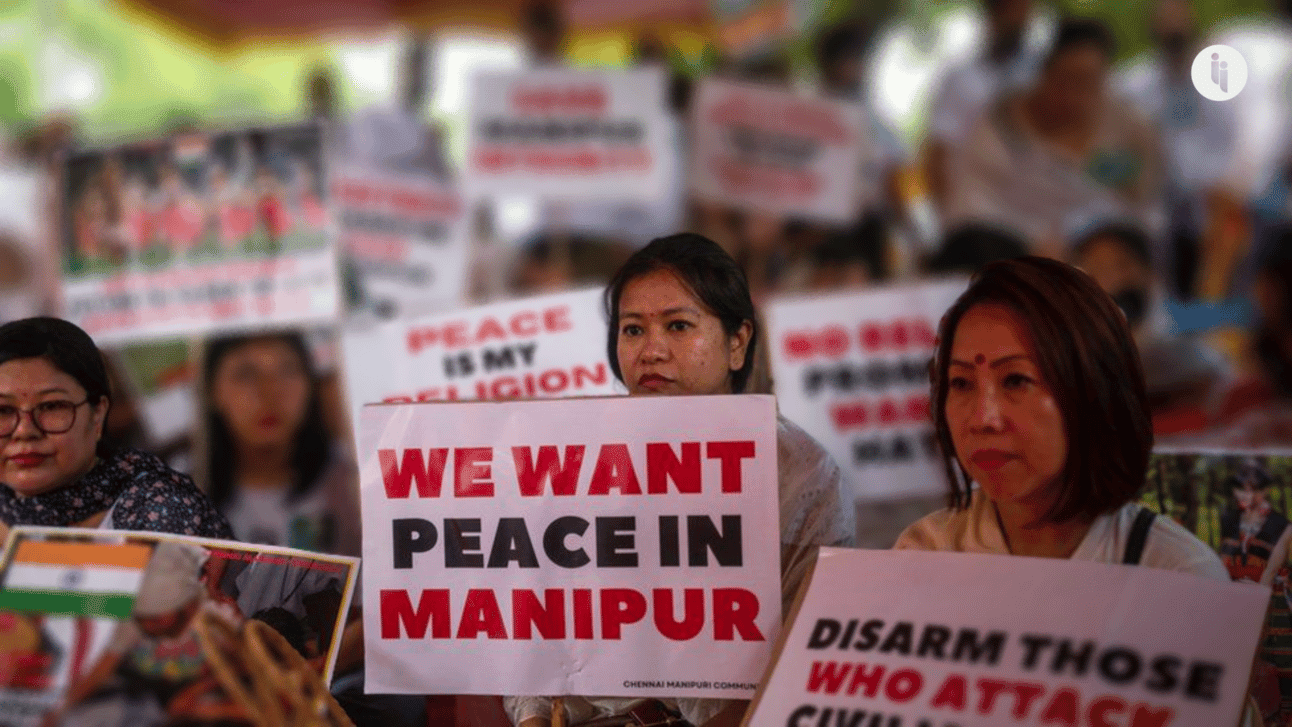The ‘I.N.D.I.A.’ opposition bloc has submitted a no-confidence motion this week over Prime Minister Narendra Modi’s handling of ethnic violence in Manipur state (in India’s northeast, bordering Myanmar).
Tensions in Manipur escalated in early May, when:
- ⚖️ a court directed the state government to extend special tribal privileges to Meitei communities (53% of the local population), and
- ✊ the smaller Kuki and Naga communities (comprising 40%) feared this would allow Meitei to cement their power.
So violence broke out, taking at least 140 lives, displacing 60,000 others, and triggering national and global outrage with graphic footage.
Stay on top of your world from inside your inbox.
Subscribe for free today and receive way much more insights.
Trusted by 114,000+ subscribers
No spam. No noise. Unsubscribe any time.
Critics say Modi initially stayed silent because his own party runs Manipur, where tensions also have a faith dimension (Hindu/Christian); a regional angle (with spill-over from conflict-torn Myanmar); and a narcotics factor (with claims the state’s war on poppy cultivation has targeted Kuki areas).
Intrigue’s take: The opposition knows its motion (to be heard within ten days) can’t oust Modi given his huge majority in parliament. But it’s a flex for the new ‘I.N.D.I.A.’ bloc ahead of next year’s elections. And it’s an attempt – in India’s parliamentary tradition – to hold the government to account on a deeply troubling issue.
Also worth noting:
- An internet ban in Manipur has complicated efforts to verify local reports.
- Modi spoke about the months-long violence in Manipur for the first time last week, referring to sexual violence against Kuki women as “shameful for any civilised nation.”
- He faced his first no-confidence motion in 2018, before seemingly predicting a second motion would come in 2023 (this footage has now gone viral in India).








